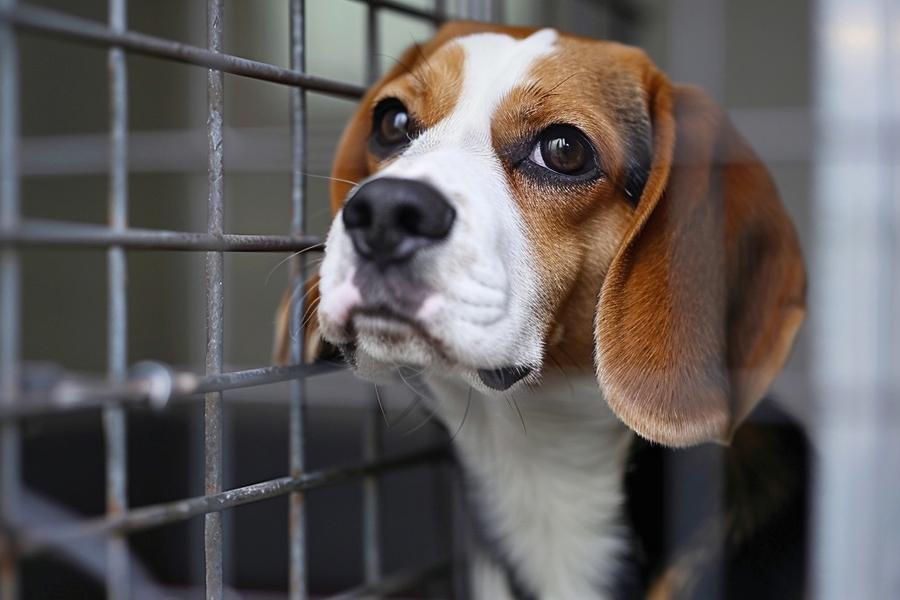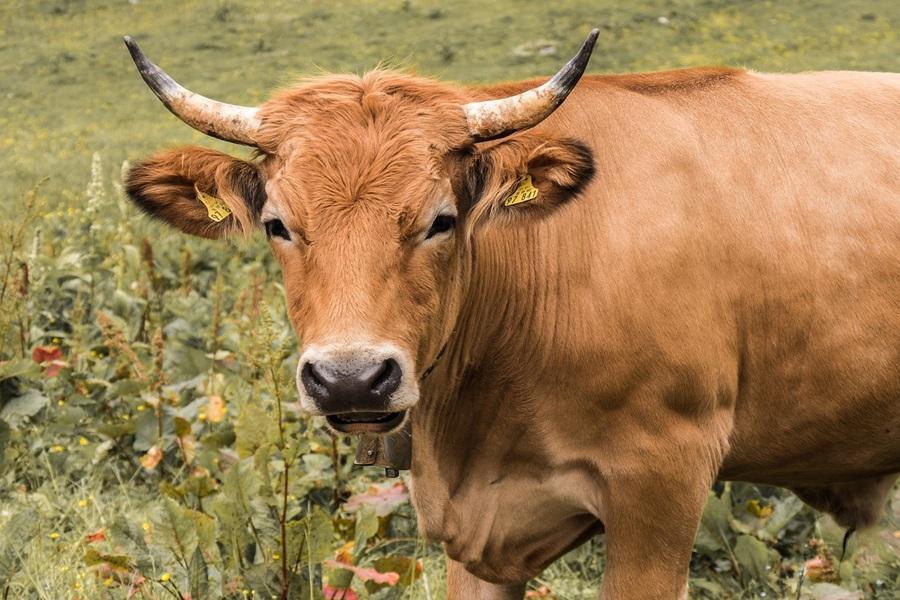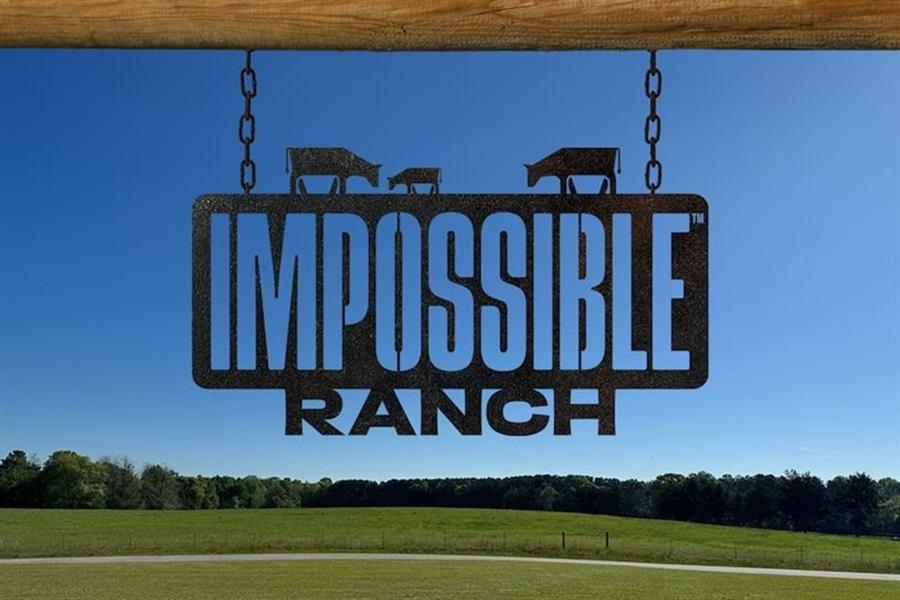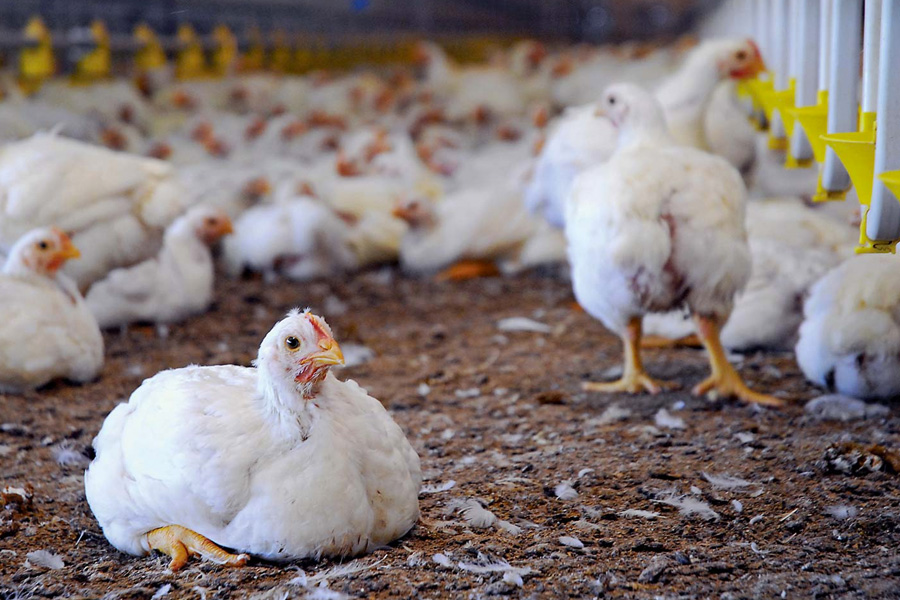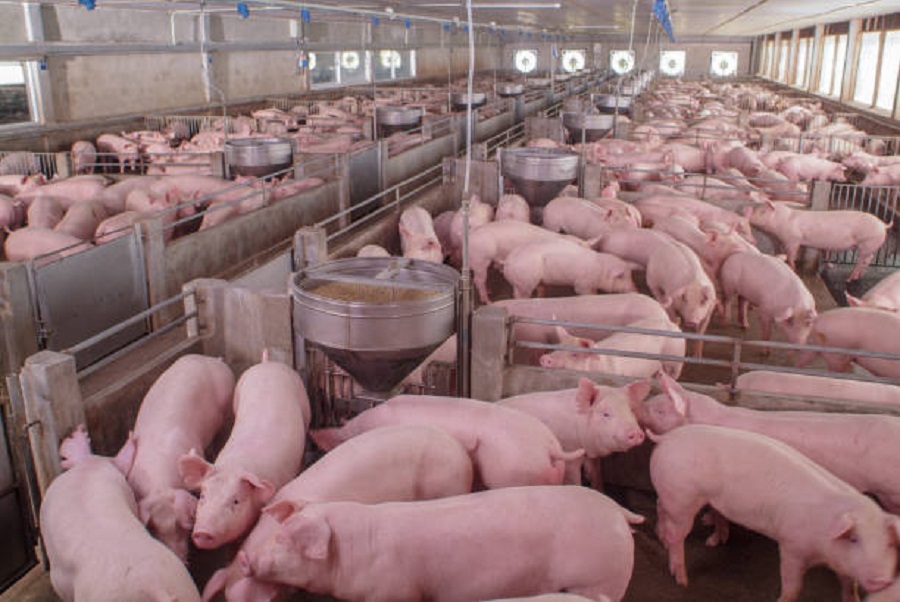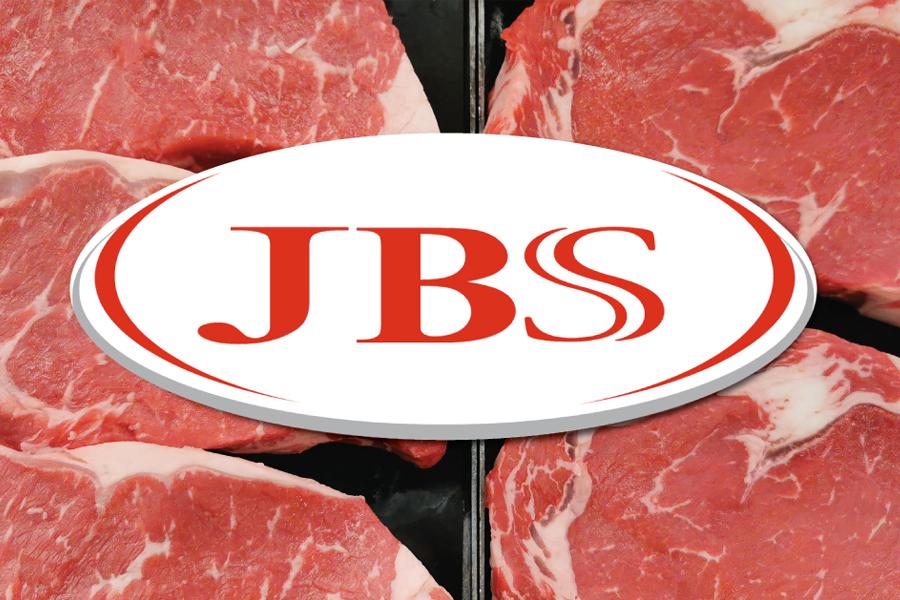New research shows that US-style factory farms for chickens are spreading like wildfire in the UK with more than 1000 farms nationally.
There are more than 1,000 US-style mega-farms in England, Wales and Northern Ireland, including some holding as many as a million animals, according to a new investigation.
In the US, mega-farms are defined as those that hold more than 125,000 birds reared for meat, or 82,000 egg-laying hens, 2,500 pigs, 700 dairy cows or 1,000 beef cattle. These are labelled by US officials as a concentrated animal feeding operation (CAFO).
By 2021, the number of farms in the UK that met the US definition of a CAFO, or mega-farm, was 1,099, according to research. This figure is known to be an underestimate owing to the omission of Scottish data, which was unavailable because of a cyber-attack in 2020.
The march of these US-style mega-farms in the UK was revealed in a Guardian investigation in 2017, but up-to-date data has been published this week in a book, Sixty Harvests Left: How to Reach a Nature-Friendly Future, by Philip Lymbery, chief executive of Compassion in World Farming (CIWF).
In England alone, the number of mega-farms increased from 818 in 2016 to 944 in 2020. Of these, 745 house poultry and 199 are for pigs. There are four poultry farms in the UK registered for 1 million birds, with the largest holding up to 1.4 million. For pigs, the biggest three farms hold more than 20,000 pigs.
There are also at least 19 dairies that meet the criteria of a “mega-dairy”. Cows held in intensive dairies are “zero-grazed”, which means they are not allowed out into fields and are permanently housed inside sheds. The largest one in the UK appears to hold 2,000 animals. In addition, nine mega-farms hold 1,000 or more beef cattle. US-style beef feedlots, where cattle are fattened up before slaughter, were first identified as existing in the UK in a Guardian investigation in 2018.
Industrial farming maximises production while keeping costs to a minimum to produce cheap meat and dairy – the UK slaughters 1 billion chickens, 10 million pigs and 2.6 million cattle a year – and the majority of UK farmed animals are kept in intensive units.
However, there are concerns that intensive farming is driving climate change, water and air pollution, biodiversity loss and negatively affecting local communities, including introducing potential health risks associated with ammonia pollution. Intensive livestock farming has also been blamed for increasing disease risk. In Europe, the Dutch government recently introduced plans to radically reduce livestock numbers to curb excessive nitrogen from intensive farming.
Animal welfare activists say animals in mega-farms are denied the ability to express natural behaviours. Keeping animals in “crowded, largely barren conditions” and using fast-growing chicken breeds and farrowing crates for pigs “calls into question our claims to be a nation of animal lovers”, said Philip Lymbery, chief executive of Compassion in World Farming.
Lizzie Wilson from the National Pig Association said big does not necessarily equal bad: “Larger scale farms are often able to provide more resources, such as more stock people, a dedicated vet … that actually facilitate good animal welfare.”
The British Poultry Council’s chief executive, Richard Griffiths, said all production systems in the UK included good welfare: “Systems perceived as ‘higher welfare’ are more resource intensive with lower efficiency and productivity, with an accompanying impact on the environment and the cost of production.”
A spokesperson for the National Farmers’ Union said: “No matter what sector or size of the farm, or whether indoor or outdoor, animal health and welfare is a continued priority for all British farmers, as they know that the public hugely values the high standards of animal health and welfare that farmers work to.” A spokesperson for the Agriculture and Horticulture Development Board (AHDB) said the vast majority of beef and dairy cattle in the UK were “grazing outdoors throughout the year for as long as the weather conditions permit”.
As UK farming changes, there are calls for reform. The Scrap Factory Farming campaign is taking a case to the European court of human rights, alleging that the government is failing to protect the public from climate change and the threat of future pandemics from factory farming. “Let’s stop denying that factory farming is inherently cruel and a major driver of wildlife decline and climate change,” Lymbery told the Guardian.
A spokesperson for the Department for Environment, Food and Rural Affairs said all farms, regardless of size, had to comply with UK law on animal health and welfare, planning, veterinary medicines and environmental legislation. “The Animal Welfare Act 2006 also makes it an offence either to cause any captive animal unnecessary suffering or to fail to provide the welfare needs of the animal – and we will not hesitate to take action against those who fail to meet these standards.”
Original source: https://www.theguardian.com



